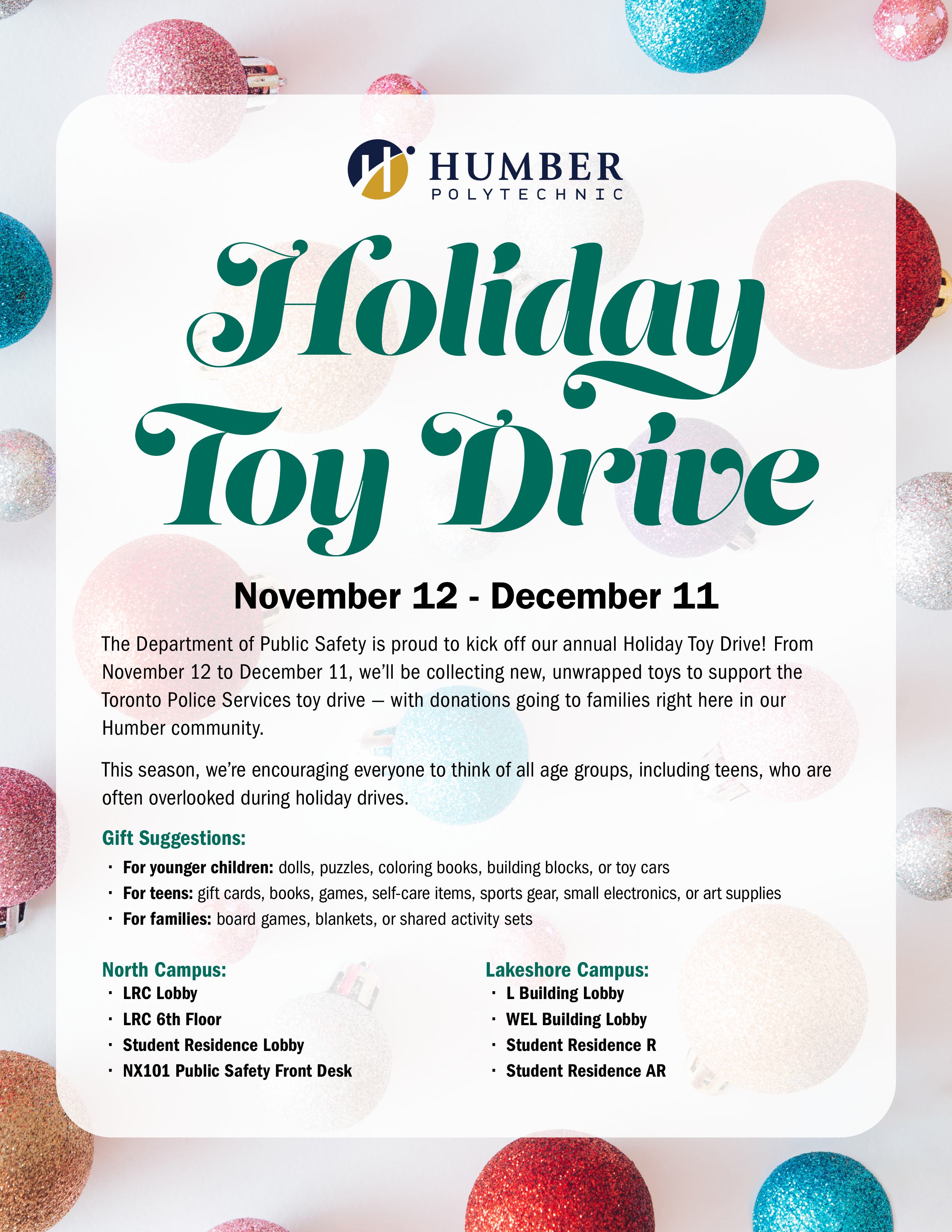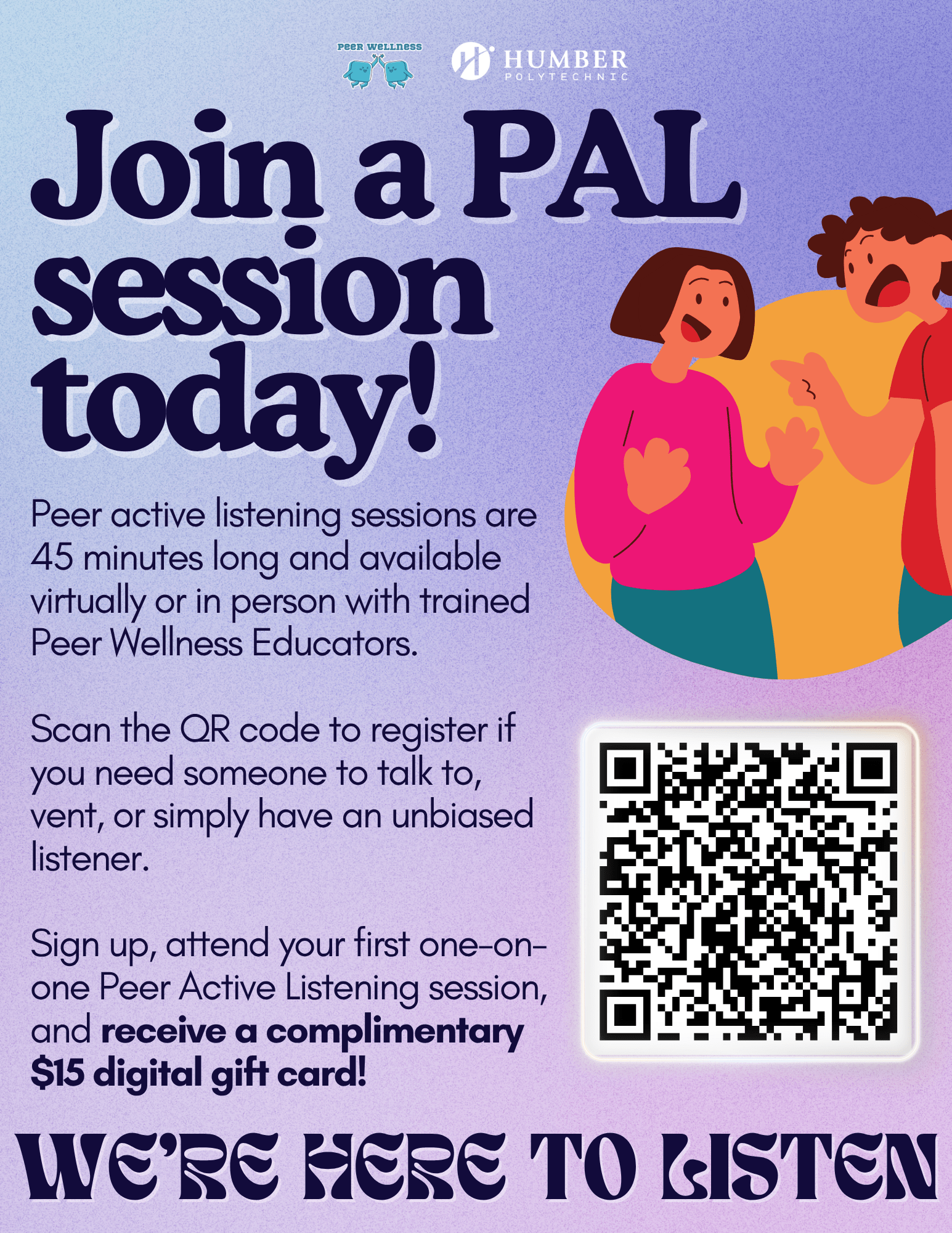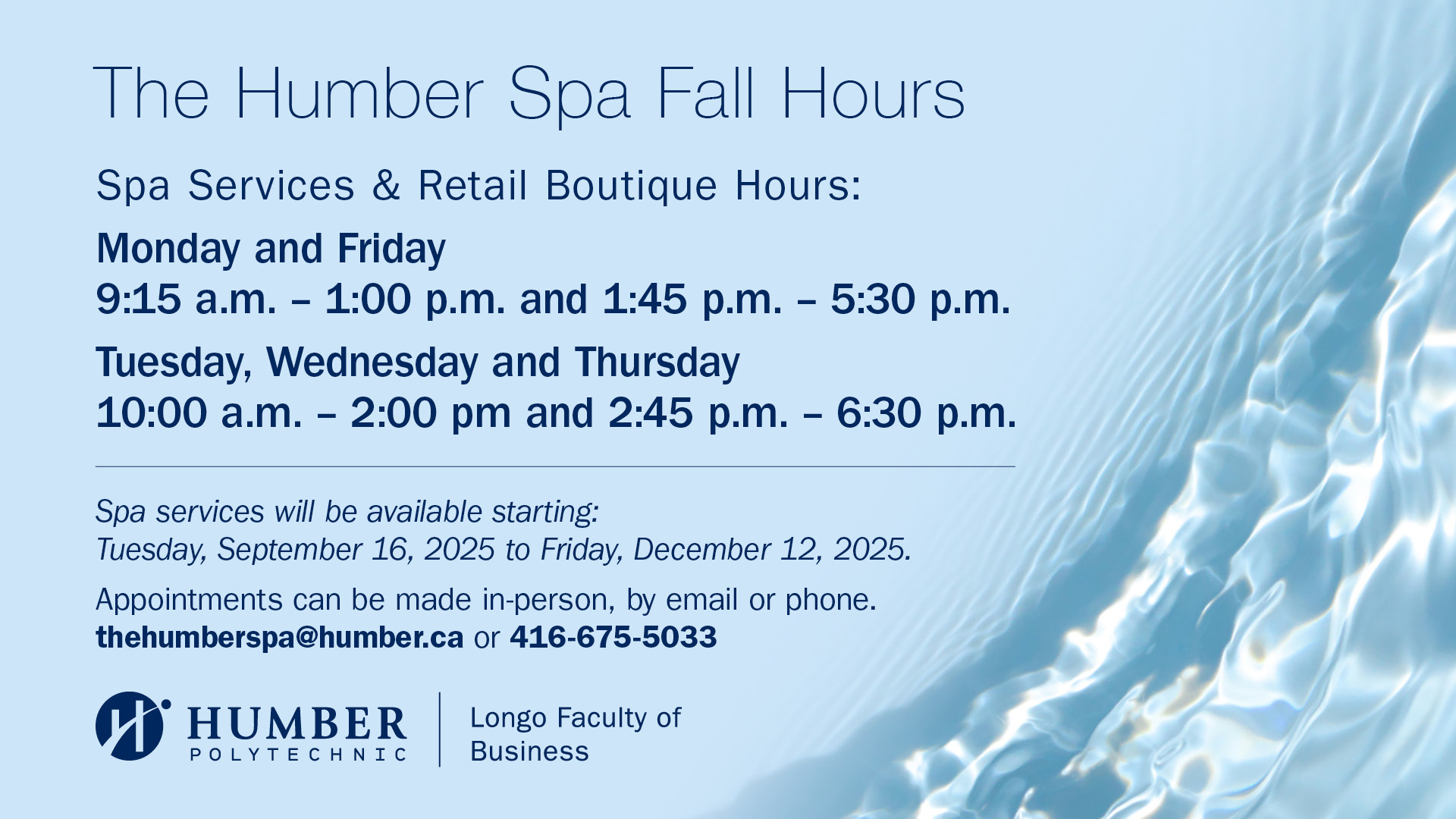Each month Innovative Learning highlights faculty questions received by our Support Centre. This month we are sharing questions from both September and October. These are not necessarily the most frequently asked questions, but helpful for all faculty members to know. If you need further support with any of the materials shared, please contact us: Innovative Learning Support Centre.
Question: How do I setup the overall grade for my course?
Answer:
You can learn how to set up the Overall Grade by completing this simulation created by Innovative Learning. If you prefer, here are the steps below:
ol {margin-bottom:0in;margin-top:0in;}ul {margin-bottom:0in;margin-top:0in;}li {margin-top:.0in;margin-bottom:8pt;}ol.scriptor-listCounterResetlist!list-841863ae-5866-4d0d-bbd9-ec4d32cd3b8e0 {counter-reset: section;}ol.scriptor-listCounterlist!list-841863ae-5866-4d0d-bbd9-ec4d32cd3b8e0 {list-style-type:numbered;}li.listItemlist!list-841863ae-5866-4d0d-bbd9-ec4d32cd3b8e0::before {counter-increment: section;content: counters(section, ".") ". "; display: inline-block;}
- If you haven’t done anything in your Gradebook, at the bottom of the Gradebook you will see the Set it up option. The overall grade page will open up.

ol {margin-bottom:0in;margin-top:0in;}ul {margin-bottom:0in;margin-top:0in;}li {margin-top:.0in;margin-bottom:8pt;}ol.scriptor-listCounterResetlist!list-841863ae-5866-4d0d-bbd9-ec4d32cd3b8e0 {counter-reset: section;}ol.scriptor-listCounterlist!list-841863ae-5866-4d0d-bbd9-ec4d32cd3b8e0 {list-style-type:numbered;}li.listItemlist!list-841863ae-5866-4d0d-bbd9-ec4d32cd3b8e0::before {counter-increment: section;content: counters(section, ".") ". "; display: inline-block;}
- Select the Overall Grade Calculation option. Please select Weighted.

ol {margin-bottom:0in;margin-top:0in;}ul {margin-bottom:0in;margin-top:0in;}li {margin-top:.0in;margin-bottom:8pt;}ol.scriptor-listCounterResetlist!list-841863ae-5866-4d0d-bbd9-ec4d32cd3b8e0 {counter-reset: section;}ol.scriptor-listCounterlist!list-841863ae-5866-4d0d-bbd9-ec4d32cd3b8e0 {list-style-type:numbered;}li.listItemlist!list-841863ae-5866-4d0d-bbd9-ec4d32cd3b8e0::before {counter-increment: section;content: counters(section, ".") ". "; display: inline-block;}
- Read the instructions located at the top of the screen. These instructions describe the function of each symbol within the overall grade calculation.

ol {margin-bottom:0in;margin-top:0in;}ul {margin-bottom:0in;margin-top:0in;}li {margin-top:.0in;margin-bottom:8pt;}ol.scriptor-listCounterResetlist!list-841863ae-5866-4d0d-bbd9-ec4d32cd3b8e0 {counter-reset: section;}ol.scriptor-listCounterlist!list-841863ae-5866-4d0d-bbd9-ec4d32cd3b8e0 {list-style-type:numbered;}li.listItemlist!list-841863ae-5866-4d0d-bbd9-ec4d32cd3b8e0::before {counter-increment: section;content: counters(section, ".") ". "; display: inline-block;}
- Please select how gradable items within the category should be distributed. By selecting proportionally, items are distributed based on their total points. For example, an item with 100 points will have twice the weight of an item with 50 points. Equally will ignore the total point and equally distribute weight for each item.

ol {margin-bottom:0in;margin-top:0in;}ul {margin-bottom:0in;margin-top:0in;}li {margin-top:.0in;margin-bottom:8pt;}ol.scriptor-listCounterResetlist!list-841863ae-5866-4d0d-bbd9-ec4d32cd3b8e0 {counter-reset: section;}ol.scriptor-listCounterlist!list-841863ae-5866-4d0d-bbd9-ec4d32cd3b8e0 {list-style-type:numbered;}li.listItemlist!list-841863ae-5866-4d0d-bbd9-ec4d32cd3b8e0::before {counter-increment: section;content: counters(section, ".") ". "; display: inline-block;}
- If grading by category, input the correct weights of each category in their respective areas. Categories that are not being used can be exempted (grayed out row with a purple icon on the right as in the Homework category below).

ol {margin-bottom:0in;margin-top:0in;}ul {margin-bottom:0in;margin-top:0in;}li {margin-top:.0in;margin-bottom:8pt;}ol.scriptor-listCounterResetlist!list-841863ae-5866-4d0d-bbd9-ec4d32cd3b8e0 {counter-reset: section;}ol.scriptor-listCounterlist!list-841863ae-5866-4d0d-bbd9-ec4d32cd3b8e0 {list-style-type:numbered;}li.listItemlist!list-841863ae-5866-4d0d-bbd9-ec4d32cd3b8e0::before {counter-increment: section;content: counters(section, ".") ". "; display: inline-block;}
- If grading by individual items, unlink them from their associated category. This can be done by selecting the dropdown of the category and selecting the unlink icon next to the item that needs to be separated.

ol {margin-bottom:0in;margin-top:0in;}ul {margin-bottom:0in;margin-top:0in;}li {margin-top:.0in;margin-bottom:8pt;}ol.scriptor-listCounterResetlist!list-841863ae-5866-4d0d-bbd9-ec4d32cd3b8e0 {counter-reset: section;}ol.scriptor-listCounterlist!list-841863ae-5866-4d0d-bbd9-ec4d32cd3b8e0 {list-style-type:numbered;}li.listItemlist!list-841863ae-5866-4d0d-bbd9-ec4d32cd3b8e0::before {counter-increment: section;content: counters(section, ".") ". "; display: inline-block;}
- The item should now have a separate place to enter it’s individual weight.

Note: The overall grade allows you to include both category and individual items in the calculation if desired.
ol {margin-bottom:0in;margin-top:0in;}ul {margin-bottom:0in;margin-top:0in;}li {margin-top:.0in;margin-bottom:8pt;}ol.scriptor-listCounterResetlist!list-841863ae-5866-4d0d-bbd9-ec4d32cd3b8e0 {counter-reset: section;}ol.scriptor-listCounterlist!list-841863ae-5866-4d0d-bbd9-ec4d32cd3b8e0 {list-style-type:numbered;}li.listItemlist!list-841863ae-5866-4d0d-bbd9-ec4d32cd3b8e0::before {counter-increment: section;content: counters(section, ".") ". "; display: inline-block;}
- Once all the appropriate weights have been entered, there are additional settings to the right of the screen. Here, you can dictate whether you want overall grade calculated based on the total of points earned.
Note: if these settings are not selected, the overall grade calculation will be a non-running total, and students are not able to view it. If you select Percentage, you can show the current running total in percentage.

Question: How do I teach using Teams? How do I use Breakout Rooms?
Answer:
Microsoft Teams is Humber’s official video conferencing tool for online course sessions. Microsoft Teams comes fully equipped with robust, professional features to maximize content sharing, collaboration and accessibility. When using Microsoft Teams to teach, you first need to create a meeting link; you can learn more by following Innovative Learning's article on creating Teams links, or follow the steps listed below:
ol {margin-bottom:0in;margin-top:0in;}ul {margin-bottom:0in;margin-top:0in;}li {margin-top:.0in;margin-bottom:8pt;}ol.scriptor-listCounterResetlist!list-30a5bdc0-3c54-4e38-9889-4669dc778e7a1 {counter-reset: section;}ol.scriptor-listCounterlist!list-30a5bdc0-3c54-4e38-9889-4669dc778e7a1 {list-style-type:bullet;}li.listItemlist!list-30a5bdc0-3c54-4e38-9889-4669dc778e7a1::before {counter-increment: section;content: none; display: inline-block;}
- Step 1: Log into Outlook with your Humber login credentials.
- Step 2: Go to the Calendar and Create a new event.
- Step 3: Add a title, date and time to this meeting. Make sure to toggle on Teams meeting and click Save.
- Step 4: Join the meeting, click the People tab and select Share invite to copy the meeting link.
- Step 5: Share the meeting link with students by adding the meeting link to the Course Content area and Calendar in Blackboard. You can also share the link in an Announcement to the class.
Before the class, you can edit various meeting settings to ensure students participate in the way that is desired for. You can also share your screen or share live PowerPoint presentations during your Teams sessions.
During your sessions, you can encourage discussion and collaboration by using Breakout Rooms; please note that students will need to login via their Humber emails to join in Breakout Rooms. If students login using their personal emails, they will not be available to assign to Breakout Rooms.
Question: What is a rubric? How do I Create and Edit Rubrics in Blackboard?
Answer:
A rubric is a scoring tool you can use to evaluate graded work. When you create a rubric, you divide the assigned work into parts. You can provide clear descriptions of the characteristics of the work associated with each part, at varying levels of skill.
There are two ways to generate a rubric in Blackboard:
ol {margin-bottom:0in;margin-top:0in;}ul {margin-bottom:0in;margin-top:0in;}li {margin-top:.0in;margin-bottom:8pt;}ol.scriptor-listCounterResetlist!list-30a5bdc0-3c54-4e38-9889-4669dc778e7a2 {counter-reset: section;}ol.scriptor-listCounterlist!list-30a5bdc0-3c54-4e38-9889-4669dc778e7a2 {list-style-type:numbered;}li.listItemlist!list-30a5bdc0-3c54-4e38-9889-4669dc778e7a2::before {counter-increment: section;content: counters(section, ".") ". "; display: inline-block;}
- You can create one manually,
- or You can generate one using the AI Design Assistant.
Learn more about both options by reading Innovative Learning's creating a rubric resource. Rubrics can be added to assignments, tests, discussions and journals.
ol {margin-bottom:0in;margin-top:0in;}ul {margin-bottom:0in;margin-top:0in;}li {margin-top:.0in;margin-bottom:8pt;}ol.scriptor-listCounterResetlist!list-30a5bdc0-3c54-4e38-9889-4669dc778e7a3 {counter-reset: section;}ol.scriptor-listCounterlist!list-30a5bdc0-3c54-4e38-9889-4669dc778e7a3 {list-style-type:bullet;}li.listItemlist!list-30a5bdc0-3c54-4e38-9889-4669dc778e7a3::before {counter-increment: section;content: none; display: inline-block;}
- For tests and assignments, you must associate a rubric before adding questions.
- For discussions and journals, you must first enable grading before you can associate a rubric.
Learn more about adding rubrics to content items by reading Innovative Learning's article.
Please also note: Rubrics cannot be edited once students submit an assignment, test, discussion or journal that uses the rubric you are trying to edit.
Question: How do I create groups in Blackboard? How do I grade group assignments?
Answer:
There are a few different kinds of groups available for you to create:
ol {margin-bottom:0in;margin-top:0in;}ul {margin-bottom:0in;margin-top:0in;}li {margin-top:.0in;margin-bottom:8pt;}ol.scriptor-listCounterResetlist!list-30a5bdc0-3c54-4e38-9889-4669dc778e7a4 {counter-reset: section;}ol.scriptor-listCounterlist!list-30a5bdc0-3c54-4e38-9889-4669dc778e7a4 {list-style-type:numbered;}li.listItemlist!list-30a5bdc0-3c54-4e38-9889-4669dc778e7a4::before {counter-increment: section;content: counters(section, ".") ". "; display: inline-block;}
- Custom – You manually create groups and assign students to each group.
- Randomly assigned – Students are automatically assigned evenly to groups.
- Self-enrollment – This must be a visible group. Once created, it generates an announcement to notify students to sign up to a group. Students must self-enroll to a group to become part of it before a group assignment.
- Reuse groups – You can reuse an existing course group or group set you had previously created in your course.
Learn more about grading group assignments by viewing these instructions.
Question: How do I give a student an Accommodation, Exception, or an Exemption in Blackboard?
Answer:
ol {margin-bottom:0in;margin-top:0in;}ul {margin-bottom:0in;margin-top:0in;}li {margin-top:.0in;margin-bottom:8pt;}ol.scriptor-listCounterResetlist!list-30a5bdc0-3c54-4e38-9889-4669dc778e7a5 {counter-reset: section;}ol.scriptor-listCounterlist!list-30a5bdc0-3c54-4e38-9889-4669dc778e7a5 {list-style-type:bullet;}li.listItemlist!list-30a5bdc0-3c54-4e38-9889-4669dc778e7a5::before {counter-increment: section;content: none; display: inline-block;}
Contact the Innovative Learning Support Centre if you need support. We are here to help!




